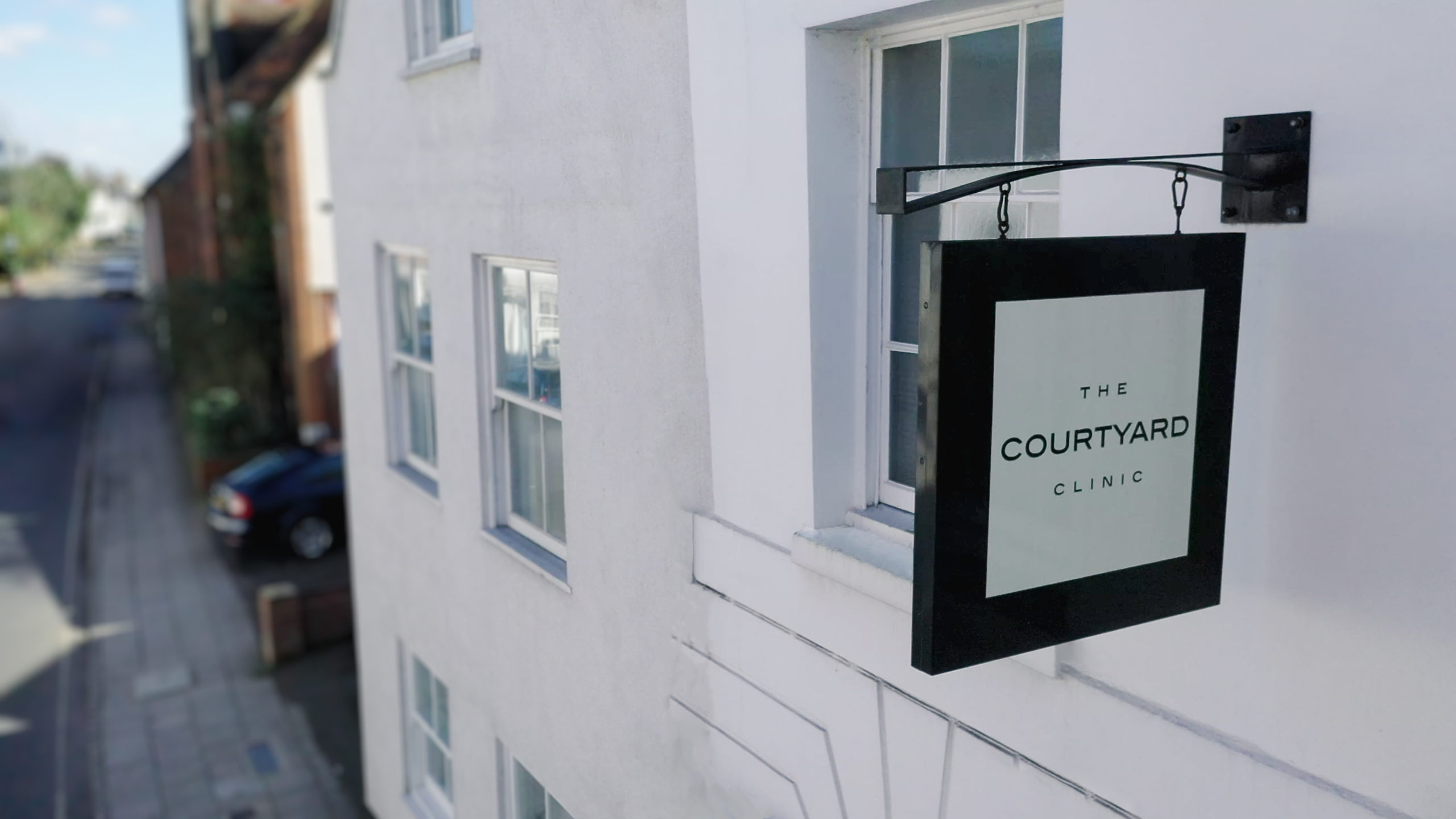Many people suffer from sensitive teeth causing pain that can range from the odd twinge to severe discomfort lasting several hours. Although it’s a problem that can start at any age, it’s most common between the ages of 20 and 40 and women are more likely to be affected by it than men.
Teeth become sensitive through the exposure of dentine, the softer part of the tooth that is usually protected by a layer of enamel. This layer is attacked by various elements, including harsh brushing, too much acidic food and drink, gum recession or tooth grinding. Other causes include a cracked filling or tooth, or bleaching.
The most basic way to protect your teeth from sensitivity is to brush regularly, at least twice a day, using small, circular movements with a soft to medium-bristled brush. Change your toothbrush every two to three months or sooner if it becomes worn.
Brushing with the right toothpaste for sensitive teeth can also help. There are many brands of toothpaste on the market today that are designed to treat sensitive teeth. If you need to, you can rub the toothpaste or ‘Tooth Mousse’ onto your teeth in between brushing. Don’t expect these things to work immediately however, it can take a couple of weeks before you notice a difference.
Avoid sugary foods and fizzy drinks and if you grind your teeth you can ask your dentist to fit a mouth guard that you can use at night.
Don’t put off visiting the dentist – a slight twinge now might indicate a problem that can be easily treated, but if you wait it could become a bigger problem.


